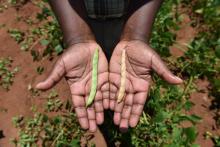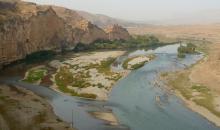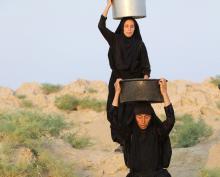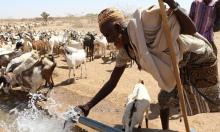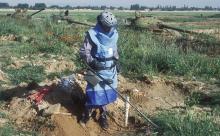The second part of Berlin Climate and Security Conference 2020 (BCSC II) takes place virtually from 7 September to 2 October. The conference aims to explore how more comprehensive risk assessments can be rendered into forward-looking, preventative foreign policy. It also aims to bring together and support the climate-security community. The conference is being held in webinar format events, including both closed as well as public sessions focusing on scientific expertise, developments on the ground and overarching issues such as gender and migration in the context of climate-security.




